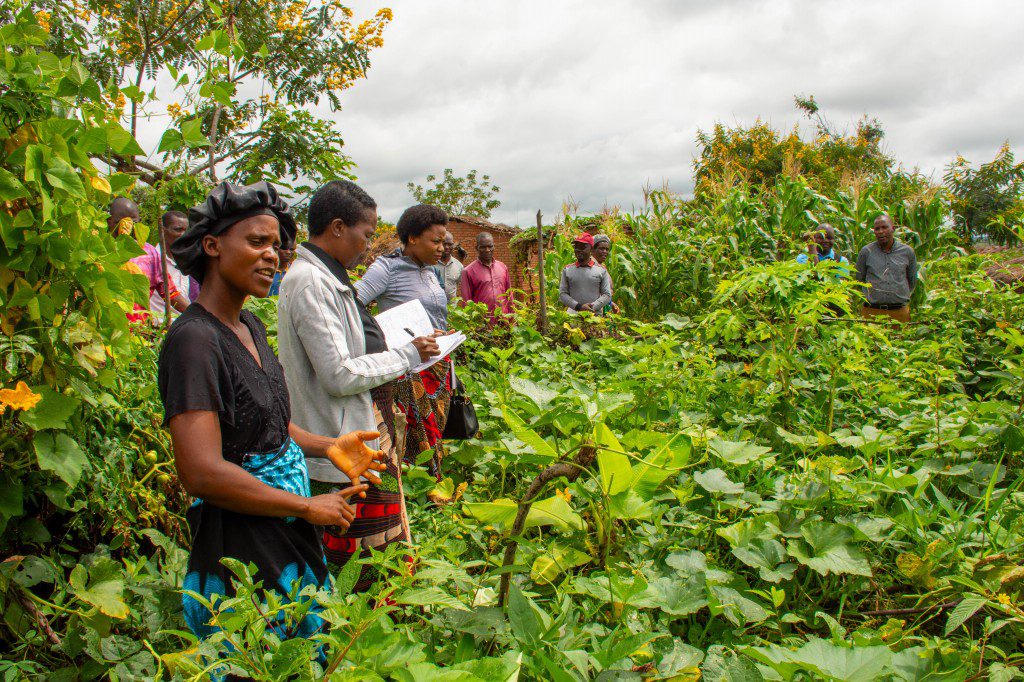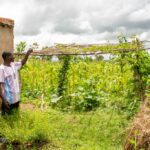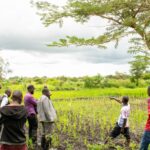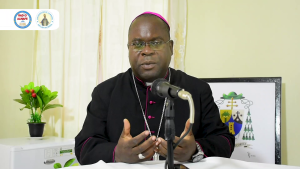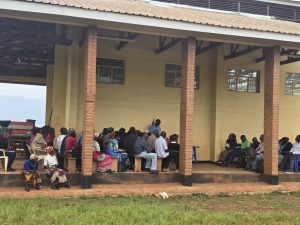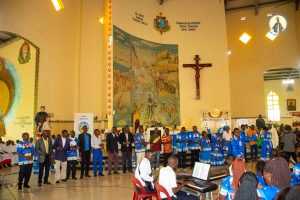Agroecology Project Empowers 750 Farmers in Dowa District
The Catholic Development Commission (CADECOM) in the archdiocese of Lilongwe, in partnership with Permaculture Paradise Institute is implementing the “Improved Livelihood and Resilience of Smallholder Producers” project, with financial support from Norwegian Church Aid (NCA), and DanChurch Aid (DCA), aiming at bolstering food security and economic resilience through agroecology.
According to the secretary of CADECOM in the archdiocese, Madalitso Chilalire, the project focuses on empowering farmers with the skills and knowledge to produce diverse and nutritious food crops year-round, utilizing their surrounding compounds.
“We are encouraging them to grow different types of crops that mature at different stages in life so that their families are food sufficient and also are economically empowered,” Chilalire said.

He also added that the initiative has garnered positive feedback from the community, with many households actively practicing the newly acquired agroecological techniques.
This has been highlighted during a monitoring visit in Dowa, where the 750 participating farmers are actively engaged.
In her remarks, Miriam Njolomore, the nutritional advisor in Dowa district, praised the project for its alignment with the Malawi 2063 development agenda, emphasizing its contribution to addressing nutrition and food security challenges.
Njolomore added that the project will also help farmers to be gaining money and overcome the nutrition and food security challenges in their households throughout the year.
Adding on that, one of the farmers from Dowa west EPA of mponera, Lobizi kanjedza expressed his gratitude, stating that the initiative has helped him and others working with the project to improve their livelihoods in the way they never thought they will.
Cadecom envisions a cascading effect, where the 750 project beneficiaries will train an additional 700 non-participants in agroecological practices.
The project’s success in Dowa West EPA is anticipated to serve as a model for wider adoption of agroecology across the region, contributing to long-term food security and economic stability in Malawi.
By Tiyamike Paul Chisale

